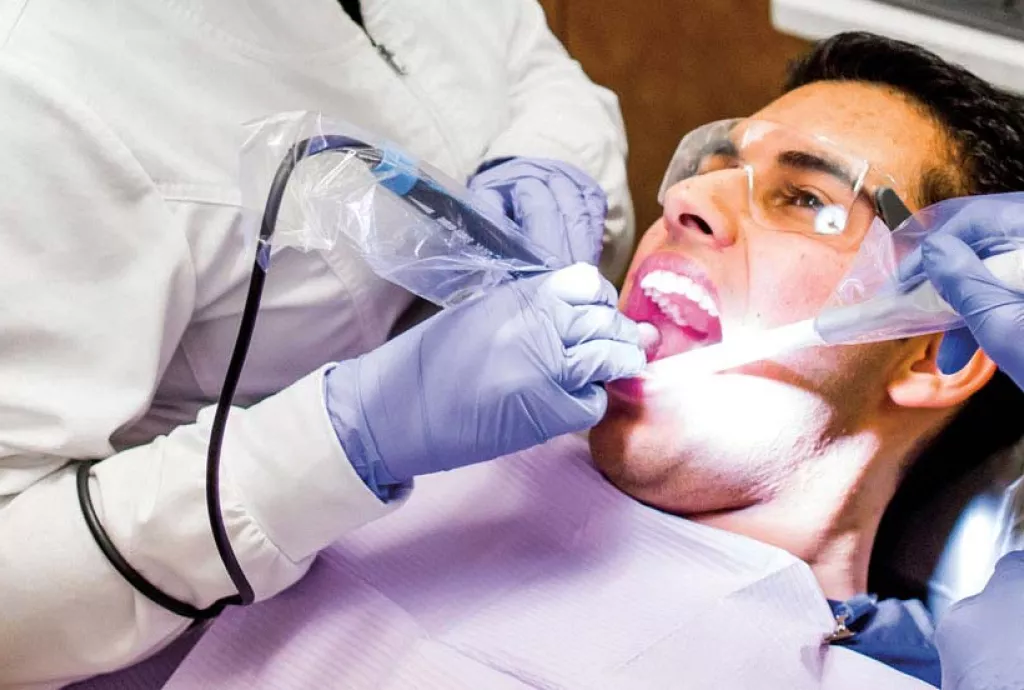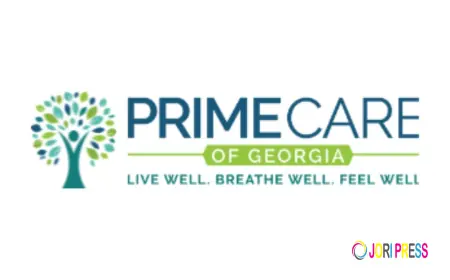How a Dental Hygienist Can Save Your Teeth from Plaque
Improve your dental health with expert care at Enfield Royal Clinic. Visit the top dental hygienist in Dubai for a healthier, brighter smile today!

Plaque is a common dental concern that can affect anyone, even with regular brushing and flossing. A Dental Hygienist Dubai plays a vital role in maintaining oral health and protecting teeth from the harmful effects of plaque. Their expertise goes beyond cleaning teeth; they provide guidance, treatment, and preventive care to keep smiles healthy and bright.
Understanding Plaque and Its Impact
What Is Plaque?
Plaque is a soft, sticky layer of bacteria that forms on teeth. It develops when food particles mix with saliva and bacteria in the mouth. While it may seem harmless, plaque can lead to more serious dental issues if not managed properly.
How Plaque Affects Teeth
Plaque can cause enamel erosion and gum irritation. Over time, it may harden into tartar, making it more challenging to remove and increasing the risk of cavities and gum disease. Understanding the impact of plaque highlights the importance of professional dental care.
The Role of a Dental Hygienist
Preventive Care Experts
Dental hygienists specialize in preventing dental problems before they start. Their work focuses on:
-
Removing plaque and tartar from hard-to-reach areas
-
Educating patients on effective brushing and flossing techniques
-
Monitoring oral health to detect early signs of cavities and gum disease
Professional Cleaning and Plaque Removal
A dental hygienist performs thorough cleanings that go beyond what regular home care can achieve. Using specialized tools, they:
-
Gently scrape away plaque and tartar buildup
-
Polish teeth to remove surface stains
-
Ensure that every area of the mouth is free from bacterial accumulation
Techniques Used to Protect Teeth
Scaling and Polishing
Scaling involves removing hardened tartar from teeth surfaces and below the gum line. Polishing smooths the teeth, making it harder for plaque to adhere in the future. This process keeps teeth clean and enhances overall oral hygiene.
Fluoride Applications
Fluoride strengthens tooth enamel, making it more resistant to plaque acids. Hygienists often apply fluoride treatments during appointments, adding an extra layer of protection against decay and enamel damage.
Oral Hygiene Education
Education is a key aspect of a dental hygienist’s work. They provide guidance on:
-
Correct brushing methods
-
Flossing techniques for optimal plaque removal
-
Using mouth rinses effectively to maintain oral hygiene
Monitoring Gum Health
Healthy gums are essential for strong teeth. Dental hygienists check for early signs of gum irritation or disease, helping to prevent plaque from causing more serious dental problems.
Routine Visits and Their Benefits
Why Regular Appointments Matter
Scheduling regular appointments with a dental hygienist helps in:
-
Keeping plaque under control
-
Maintaining fresh breath
-
Identifying potential issues early, before they worsen
Building a Long-Term Oral Health Plan
Hygienists work with individuals to create a long-term oral health plan tailored to their needs. This plan often includes personalized cleaning schedules, tips for daily care, and monitoring strategies to ensure teeth stay healthy.
Lifestyle Habits That Complement Professional Care
Daily Oral Care Routine
A dental hygienist encourages habits that support professional care, including:
-
Brushing at least twice a day
-
Flossing daily to reach areas where brushes cannot
-
Rinsing the mouth after meals to reduce bacterial growth
Diet and Oral Health
Eating habits can influence plaque buildup. Hygienists often provide guidance on foods that support healthy teeth and gums, such as:
-
Crunchy fruits and vegetables that naturally clean teeth
-
Limiting sugary snacks and drinks that feed plaque-forming bacteria
Hydration and Saliva Production
Staying hydrated helps maintain saliva production, which naturally washes away food particles and bacteria. Dental hygienists emphasize the role of hydration in supporting oral health.
FAQs
How Often Should a Dental Hygienist Be Visited?
Regular visits every few months allow hygienists to remove plaque and monitor oral health effectively. Consistent appointments help prevent plaque from causing long-term issues.
Can Plaque Be Completely Prevented at Home?
While daily brushing and flossing reduce plaque, professional care is essential to remove hardened tartar and treat areas that are difficult to clean at home.
What Are the Signs of Plaque Buildup?
Some common signs include:
-
Sticky or fuzzy feeling on teeth
-
Mild discoloration
-
Gum irritation or sensitivity
How Does Professional Cleaning Improve Oral Health?
Professional cleaning eliminates plaque and tartar, preventing cavities, gum disease, and bad breath. It also supports stronger enamel and overall oral hygiene.
Is Plaque Removal Painful?
Dental hygienists use gentle techniques to remove plaque and tartar. Most people experience minimal discomfort, and the process is generally quick and manageable.
Encouraging Lifelong Oral Health
Preventive Focus
Dental Hygienist in Dubai help patients develop lifelong habits that keep teeth strong and healthy. Regular care, education, and monitoring are essential in preventing dental problems.
Building Confidence in Oral Care
Through professional guidance and personalized advice, individuals can feel confident about their oral health. A dental hygienist ensures that teeth are not only clean but also well-protected against future plaque buildup.
Supporting Overall Wellbeing
Oral health is closely linked to overall wellbeing. Preventing plaque reduces the risk of oral infections, improves chewing and speaking comfort, and enhances overall quality of life.
What's Your Reaction?
 Like
0
Like
0
 Dislike
0
Dislike
0
 Love
0
Love
0
 Funny
0
Funny
0
 Angry
0
Angry
0
 Sad
0
Sad
0
 Wow
0
Wow
0

















































